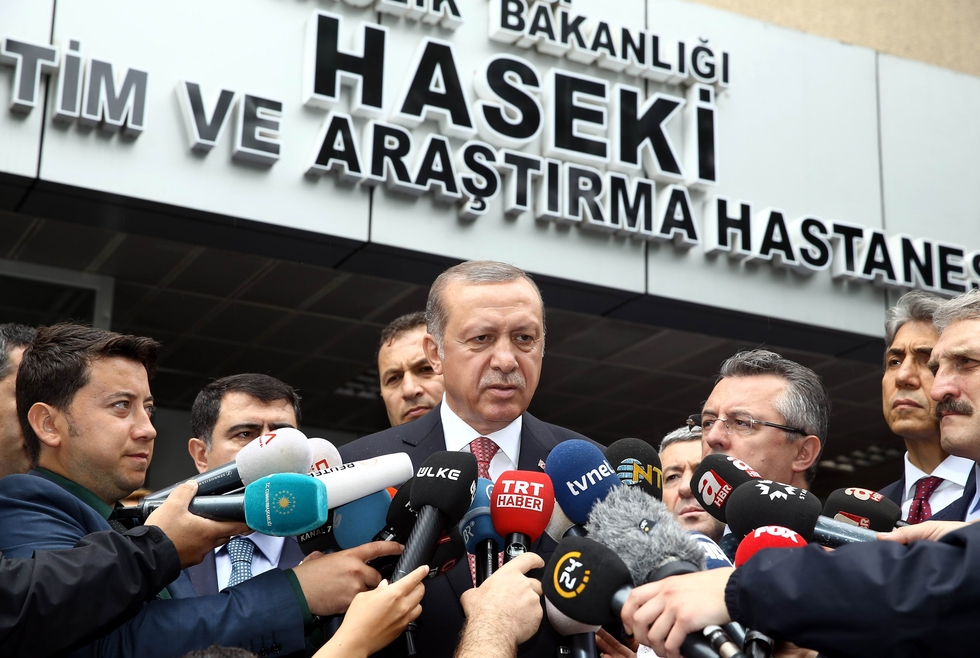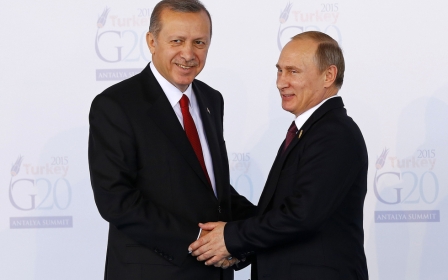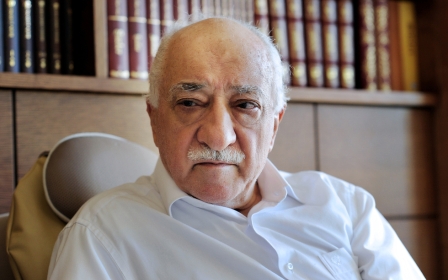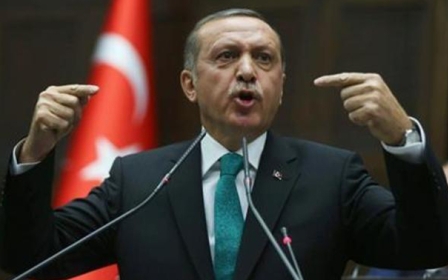German court bans Erdogan from giving a speech to thousands

Turkey on Sunday condemned a German court decision banning President Recep Tayyip Erdogan from addressing his supporters by video link at a rally in Cologne.
Germany is home to Turkey's largest diaspora, and the rally scheduled for later Sunday was expected to attract tens of thousands of people opposed to the failed 15 July putsch.
Several smaller counter-demonstrations were also planned, including one billed "Stop Erdogan" and another called by far-right activists, raising concern the demonstrators could clash.
Amid fears that the crowds could be riled by live screenings of speeches from Turkey by politicians including Erdogan, Germany's constitutional court banned an application for such broadcasts.
A statement from the Turkish presidential spokesman Ibrahim Kalin said the ban was "unacceptable".
"The practical and legal effort to prevent an event that advocates democracy, freedom and the rule of law and stands against the 15/7 coup attempt is a violation of the freedom of expression and the right to free assembly," the statement said.
"We are curious about the real reason why the German authorities and the constitutional court banned President Erdogan's message and hope that the German authorities will provide a satisfactory explanation."
Turkish authorities have launched a huge crackdown since the coup, detaining almost 19,000 people and sparking international alarm.
The tensions have spilled into Germany, home to three million Turks, where German authorities have deployed some 2,700 officers to keep the peace in Cologne.
The tension comes at a time when relations between Germany and Turkey are already strained over the German parliament's decision to brand as genocide the World War I-era Armenian massacre by Ottoman forces.
German politicians led by Chancellor Angela Merkel have also issued strongly worded statements against Erdogan's crackdown following the putsch.
Ankara accuses US-based preacher Fethullah Gulen of masterminding the coup and says it is seeking to remove all trace of his influence in Turkish institutions.
Turkish officials are also demanding that Germany extradite suspects linked to Gulen, who left Turkey in 1999 and strongly denies any involvement.
Turkey's state-run Anadolu news agency said on Sunday that authorities had stepped up their diplomatic efforts to persuade Germany to limit the activities of the Gulen movement within its borders.
New MEE newsletter: Jerusalem Dispatch
Sign up to get the latest insights and analysis on Israel-Palestine, alongside Turkey Unpacked and other MEE newsletters
Middle East Eye delivers independent and unrivalled coverage and analysis of the Middle East, North Africa and beyond. To learn more about republishing this content and the associated fees, please fill out this form. More about MEE can be found here.




